There is no avoiding war; it can only be postponed to the advantage of others
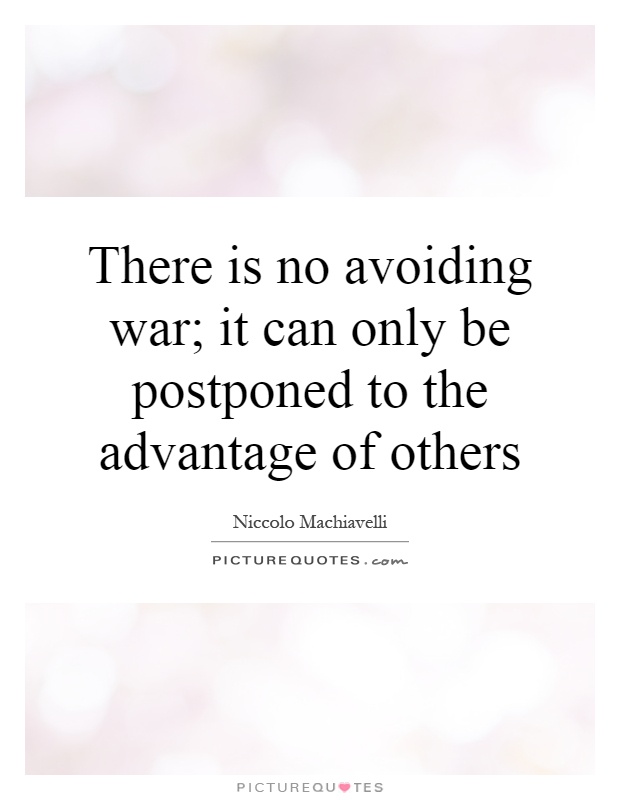
There is no avoiding war; it can only be postponed to the advantage of others
Niccolò Machiavelli, the renowned Italian diplomat, philosopher, and writer, is often associated with his controversial views on politics and power. One of his most famous quotes, "There is no avoiding war; it can only be postponed to the advantage of others," reflects his pragmatic and realistic approach to international relations.Machiavelli believed that war was an inevitable part of human nature and that avoiding it altogether was impossible. In his seminal work, "The Prince," he argued that rulers should be prepared to use force and violence when necessary to maintain their power and protect their interests. He believed that a ruler who was too hesitant or indecisive in using force would ultimately be overthrown by more ruthless and aggressive rivals.
According to Machiavelli, postponing war only served to benefit one's enemies. By delaying conflict, a ruler would give their adversaries time to prepare and strengthen their position, making it more difficult to achieve victory in the future. Machiavelli believed that it was better to confront one's enemies head-on and decisively, rather than allowing them to gain the upper hand through delay and indecision.
Machiavelli's views on war were shaped by the turbulent political climate of Renaissance Italy, where city-states and kingdoms were constantly at war with one another. He believed that rulers needed to be ruthless and cunning in order to survive in such a competitive and dangerous environment. Machiavelli's advice to rulers was to be prepared for war at all times, to be willing to use force when necessary, and to always act in their own self-interest.
While Machiavelli's views on war may seem harsh and cynical to modern readers, they reflect the harsh realities of power politics in his time. Machiavelli believed that rulers needed to be pragmatic and realistic in their approach to war, and that avoiding conflict altogether was not a viable option. In his view, war was a necessary evil that could not be avoided, only postponed to the advantage of others.

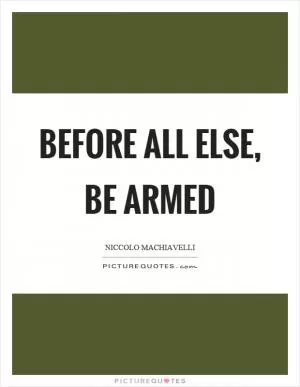


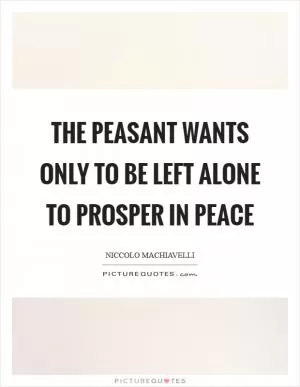
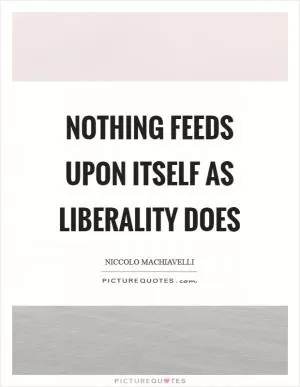


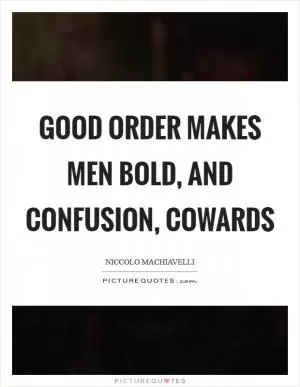
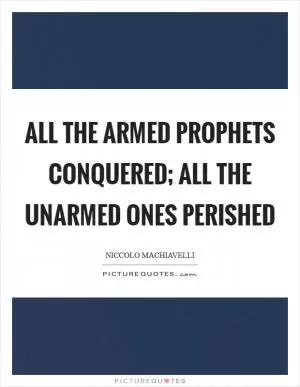
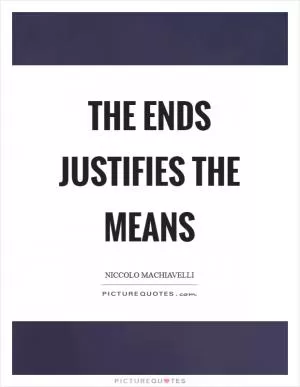
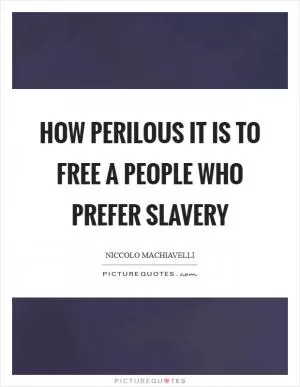
 Friendship Quotes
Friendship Quotes Love Quotes
Love Quotes Life Quotes
Life Quotes Funny Quotes
Funny Quotes Motivational Quotes
Motivational Quotes Inspirational Quotes
Inspirational Quotes